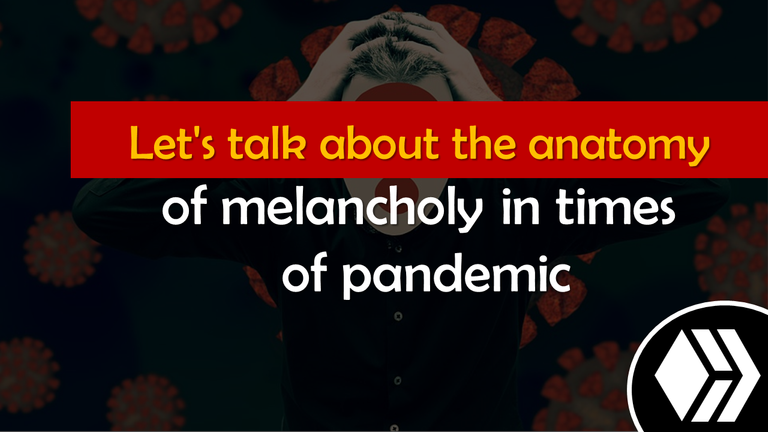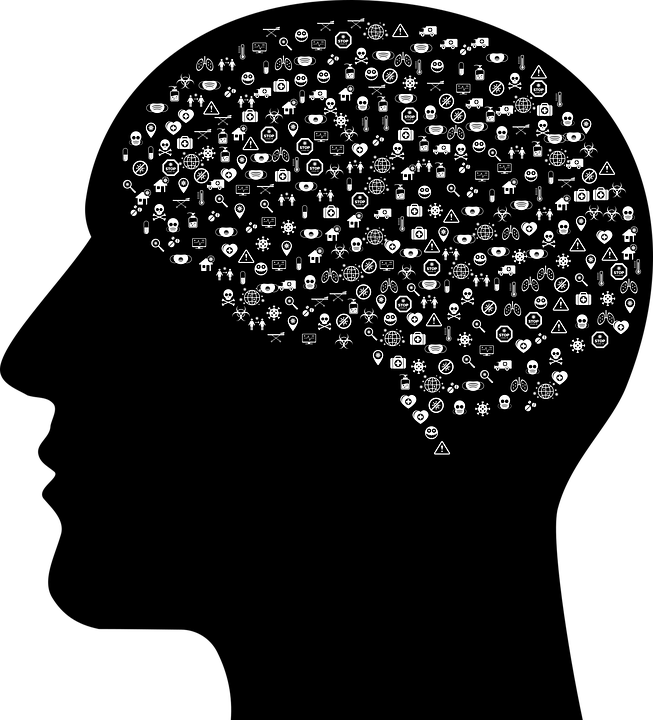
CONTENT
The new coronavirus pandemic has impacted us deep within our psyche, but beyond the behavioral change we have experienced in these critical months of pandemic.
A critical aspect of our lives in these pandemic months is that our psychological health also plays a role in understanding how people might respond to and cope with the threat of a covid-19 pandemic and the changes in their lives that are made in an effort to reduce that threat.
To reduce the threat of the psychological impact of the pandemic caused by the new Coronavirus, the measures of confinement and restriction of movement on the psychological health of people, because what we are living through has affected our usual lifestyles, preventing us from physical contact with family, friends and co-workers, which has created feelings of helplessness, fear and discouragement.

In a previous publication I highlighted the importance of managing our emotions, emphasizing that, if we wanted to avoid psychological disorders, it was advisable to seek help from psychology professionals, in order to address any mental health crisis we are suffering.
Now in this same order of ideas, on the subject of emotion management, with this entry I would like to present some ideas expressed by the famous English essayist and scholar Robert Burton, who left for posterity a self-help book entitled "The Anatomy of Melancholy".
Robert Burton's self-help book contains key orientations that can serve as tools to achieve psychological stability in times of pandemic by the new coronavirus, since in the lines of this book we can find therapeutic ideas to overcome our emotional breakdown.

SOURCES CONSULTED
➊ Arden M Health psychology and the coronavirus(COVID-19) global pandemic: A call for research. Link

OBSERVATION:
The cover image was designed by the author: @lupafilotaxia, incorporating the public domain image background: Source / Author: Geralt, 2016


Hello,that is a great take, professor. You pointed out some of the worst facts of covid pandemic.